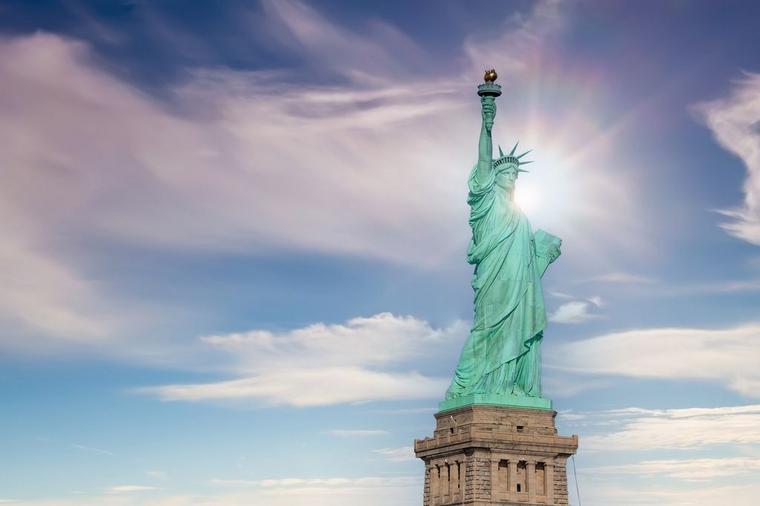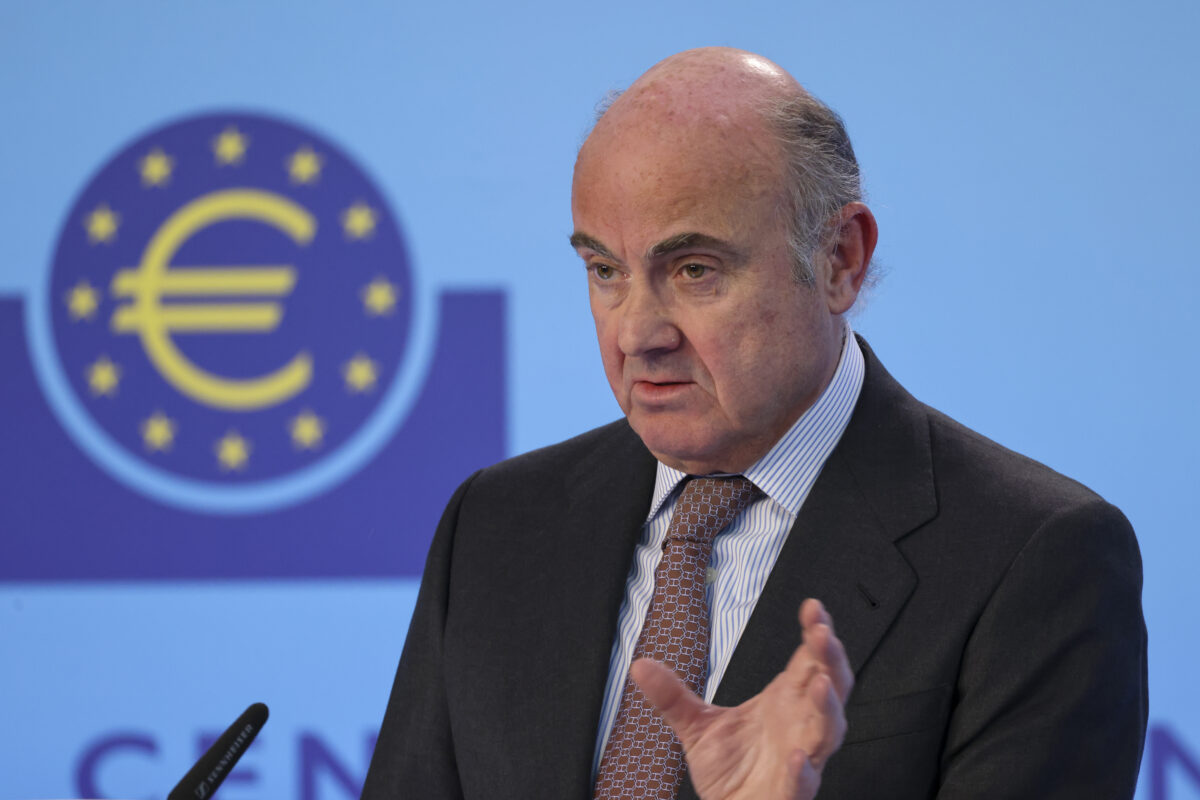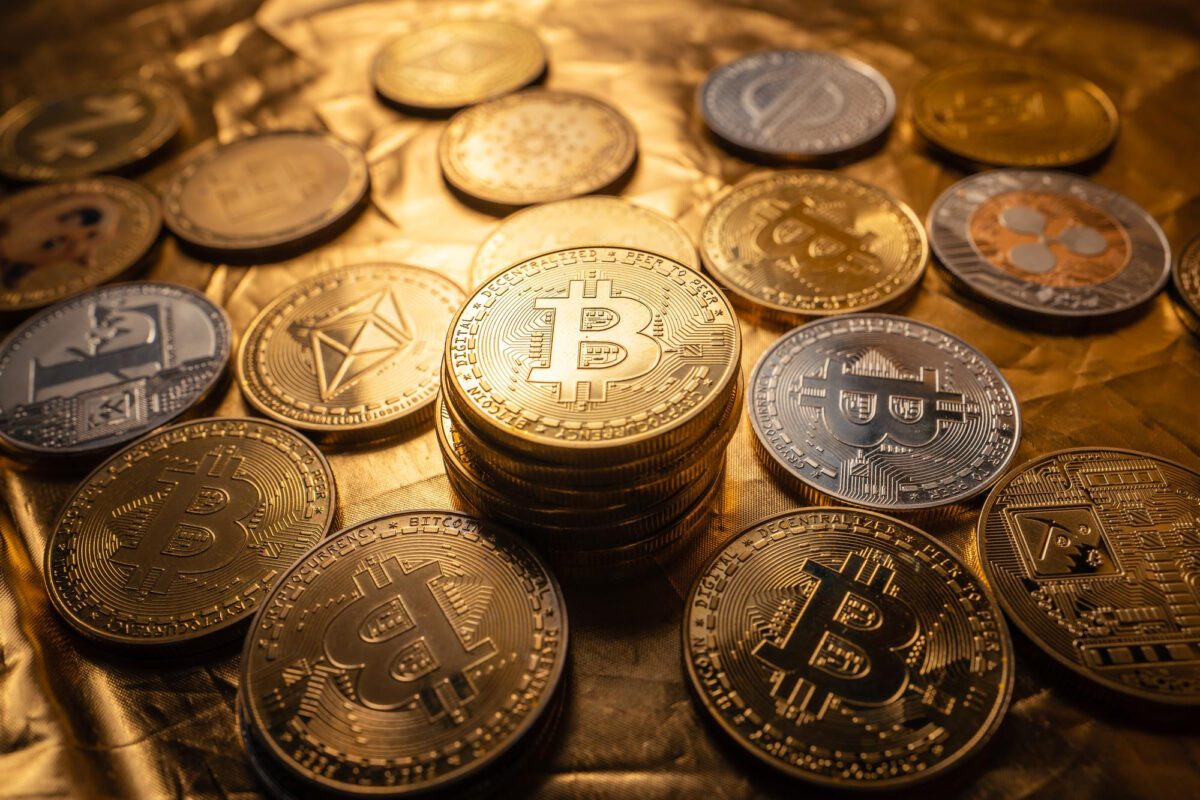Das US-Verbrauchervertrauen Uni Michigan (Mai, finale Veröffentlichung) ist mit 98,0 etwas schwächer ausgefallen als erwartet (Prognose war 98,8; Vormonat war 98,8). Das ist der bisher schwächste Wert des Jahres 2018.
Die Einschätzung der aktuellen Lage liegt bei 111,8 (Prognose war 115,0; Vormonat war 113,3).
Die Erwartungen liegen bei 89,1 (Prognose war 86,9; Vormonat war 89,5).
Dazu der Chefvolkswirt der Umfrage, Richard Curtin:
„Consumer sentiment slipped by less than an Index-point from last month. Since Trump’s election, the Sentiment Index has meandered in a tight eight-point range from 93.4 to 101.4, with the small month-to-month variations indicating no emerging trend. Consumers have remained focused on expected gains in jobs and incomes as well as anticipated increases in interest rates and inflation during the year ahead. As past expansions have shown, rising interest rates do not suppress spending gains as long as they are accompanied by more substantial increases in incomes. The May survey, however, found that consumers anticipated smaller income gains than a month or year ago, even though they anticipate the unemployment rate to stabilize at its current eighteen year low. Importantly, references to discounted prices for durables, vehicles, and homes fell to decade lows. Coupled with higher interest rates, it is likely that the pace of growth in personal consumption will remain at about 2.6% during the year ahead.
When asked to explain how their personal finances had changed, the proportion that spontaneously cited higher prices worsening their financial situation has shown a close correspondence with actual trends in the year-over-year change in the CPI-see the chart. That close relationship ended about a decade ago, and in the past year or so, as the CPI has risen, complaints about inflation have fallen. While the reasons underlying the current divergence are unclear, it nonetheless signals a change in how consumers judge the impact of inflation on their personal finances. It may also suggest a change in their behavioral reaction to inflation. „

Freizeitpark in einer Mall in Minnesota
Foto: Jeremy Noble from St. Paul, United States
CC BY 2.0
Kommentare lesen und schreiben, hier klicken












